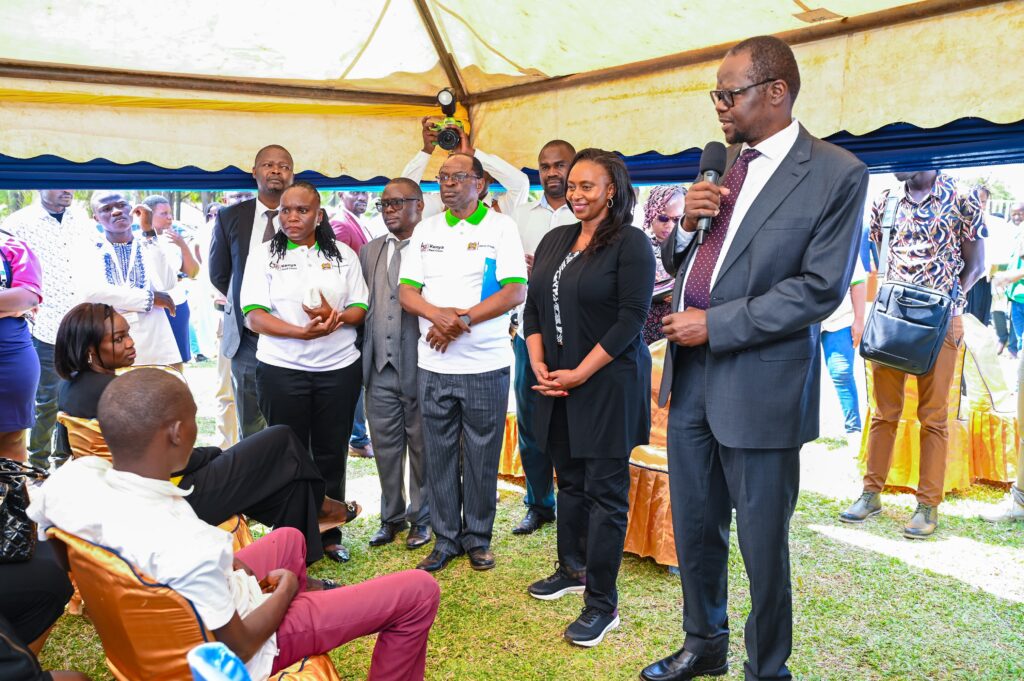Kenya has reaffirmed its commitment to advancing maternal and child health by launching World Breastfeeding Week 2025 with a strong call for multisectoral support systems that prioritize breastfeeding. The national launch was held at Rongo University in Migori County, where a rallying cry was made to shift societal attitudes and institutional policies to better support breastfeeding mothers.
The Principal Secretary for Public Health and Professional Standards emphasized the importance of treating breastfeeding as more than just a personal or maternal decision. It is a critical public health issue that demands joint responsibility from various sectors, including government bodies, employers, healthcare professionals, academic institutions, and the broader community.
Under the theme “Prioritize Breastfeeding – Create Sustainable Support Systems,” this year’s campaign highlights the need for a coordinated approach to support mothers throughout their breastfeeding journey. The theme also reflects the broader health, social, and economic benefits associated with breastfeeding, such as reduced healthcare costs, improved cognitive development in children, and stronger mother-child bonds.
During the event, stakeholders were urged to focus on structural interventions that can make a tangible difference in women’s ability to breastfeed. These include creating breastfeeding-friendly workplaces, providing adequate maternity leave, establishing lactation rooms in public and private institutions, and ensuring that healthcare workers are trained to offer proper breastfeeding support.
The presence of county leaders, representatives from development partners, and civil society organizations at the launch further underscored the broad-based commitment needed to achieve sustainable breastfeeding practices. Local leadership reaffirmed their dedication to integrating breastfeeding promotion into county health and nutrition strategies.
The event also highlighted the critical role of academic institutions like Rongo University in creating awareness, conducting research, and influencing future healthcare practices around breastfeeding. Their involvement signals a growing recognition that breastfeeding is not only a maternal issue but a societal concern requiring evidence-based, long-term strategies.
This renewed focus aligns with global efforts to promote exclusive breastfeeding for the first six months of life and continued breastfeeding up to two years and beyond, as recommended by health authorities. It also reinforces the need to eliminate social stigma around breastfeeding in public and empower women to make informed choices in supportive environments.
As the country observes World Breastfeeding Week, the message is clear: successful breastfeeding requires a network of support that spans homes, workplaces, healthcare settings, and communities.

